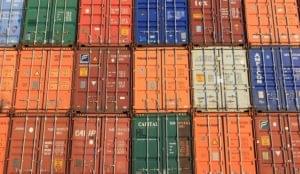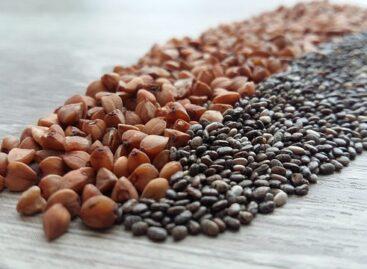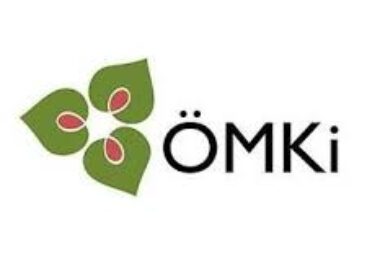Is food security in danger? Hungary does not support the Mercosur agreement
István Nagy, Minister of Agriculture, has expressed serious concerns about the draft free trade agreement between the EU and the Mercosur group of South American countries. According to the Minister, the agreement endangers the interests of EU producers and also carries food safety risks – especially in light of the fact that Brussels has also opened the EU market to Ukrainian agricultural products in the meantime.
Objectionable quality, cheap imports
 The Minister warned that after the agreement enters into force, agricultural products that do not meet EU food safety and animal welfare standards could flow into Europe en masse. He cited poultry and beef, sugar and honey as examples, which could arrive from South American countries in lower quality and cheaper than European standards.
The Minister warned that after the agreement enters into force, agricultural products that do not meet EU food safety and animal welfare standards could flow into Europe en masse. He cited poultry and beef, sugar and honey as examples, which could arrive from South American countries in lower quality and cheaper than European standards.
This would not only endanger the safety of EU consumers, but would also put Hungarian and European farmers at a serious market disadvantage, the Minister pointed out.
Application of the “mirror clause” is urged
Hungary – along with several other member states – continues to advocate that agricultural products from outside the EU must also comply with EU production, traceability and animal welfare standards. This principle is called the “mirror clause”, which aims to ensure balanced conditions of competition between EU and non-EU producers.
According to the minister, an agreement without a mirror clause would give importers a disproportionate competitive advantage and could make European farmers insolvent.
The alliance of member states is taking shape
István Nagy said: Hungary is looking for allies on the issue and is not alone. Austria, Ireland, the Netherlands, Romania and Italy have also expressed concerns about the current form of the agreement. The Hungarian Minister of Agriculture recalled that he had already discussed the issue with the French Minister of Agriculture, and they agreed that the free trade agreement under the current conditions could seriously damage Europe’s food self-sufficiency.
Related news
The government is providing significant resources to support the development of crop dryers.
🎧 Hallgasd a cikket: Lejátszás Szünet Folytatás Leállítás Nyelv: Auto…
Read more >We will protect the safety of Hungarian food by all means.
🎧 Hallgasd a cikket: Lejátszás Szünet Folytatás Leállítás Nyelv: Auto…
Read more >Related news
MOHU: 5,200 return points are in operation, but 47 larger settlements still do not have RE points – public “enema” machines may be introduced
🎧 Hallgasd a cikket: Lejátszás Szünet Folytatás Leállítás Nyelv: Auto…
Read more >GDP growth in OECD member countries slowed to 0.3 percent in the last quarter of last year
🎧 Hallgasd a cikket: Lejátszás Szünet Folytatás Leállítás Nyelv: Auto…
Read more >







